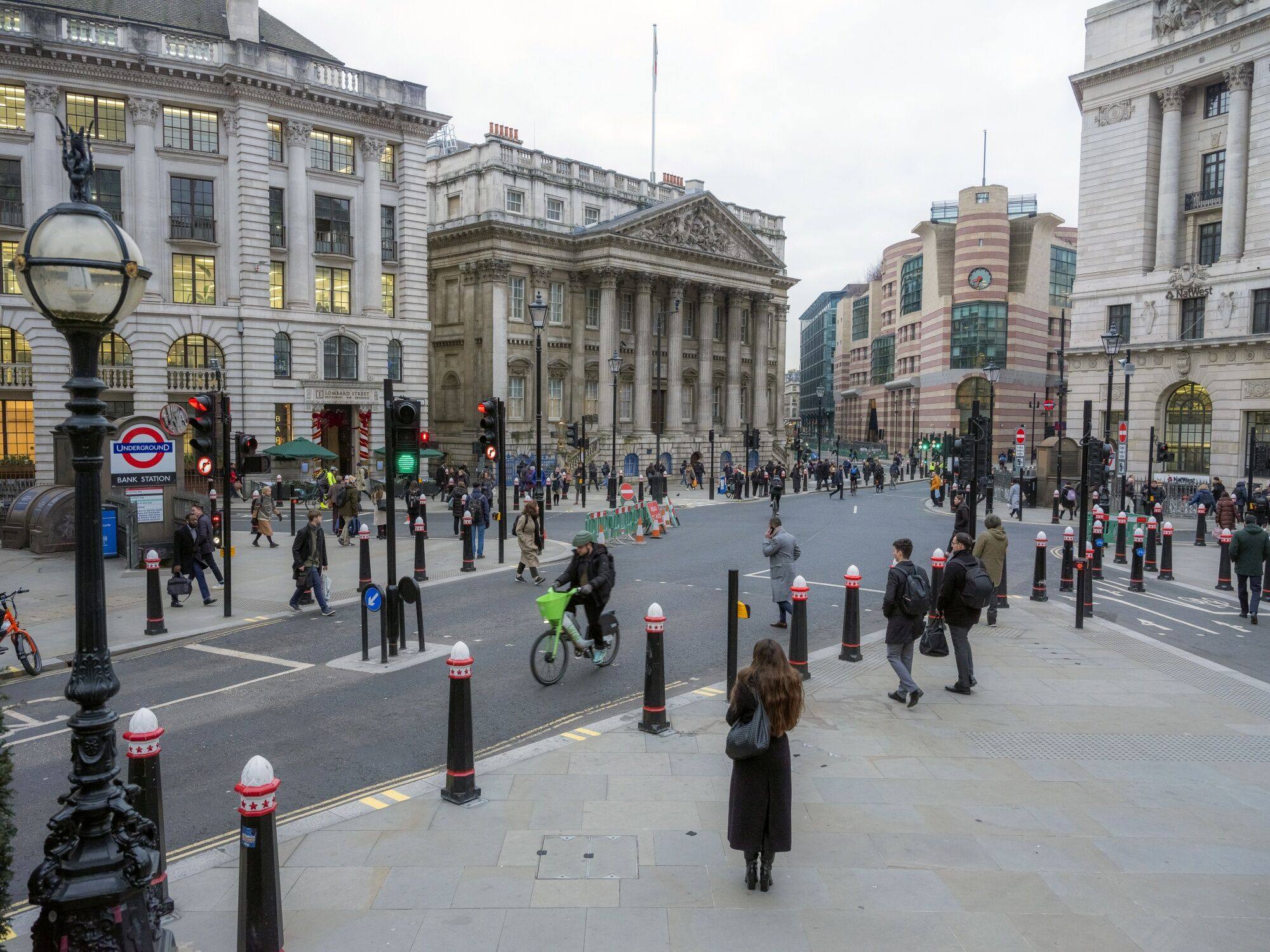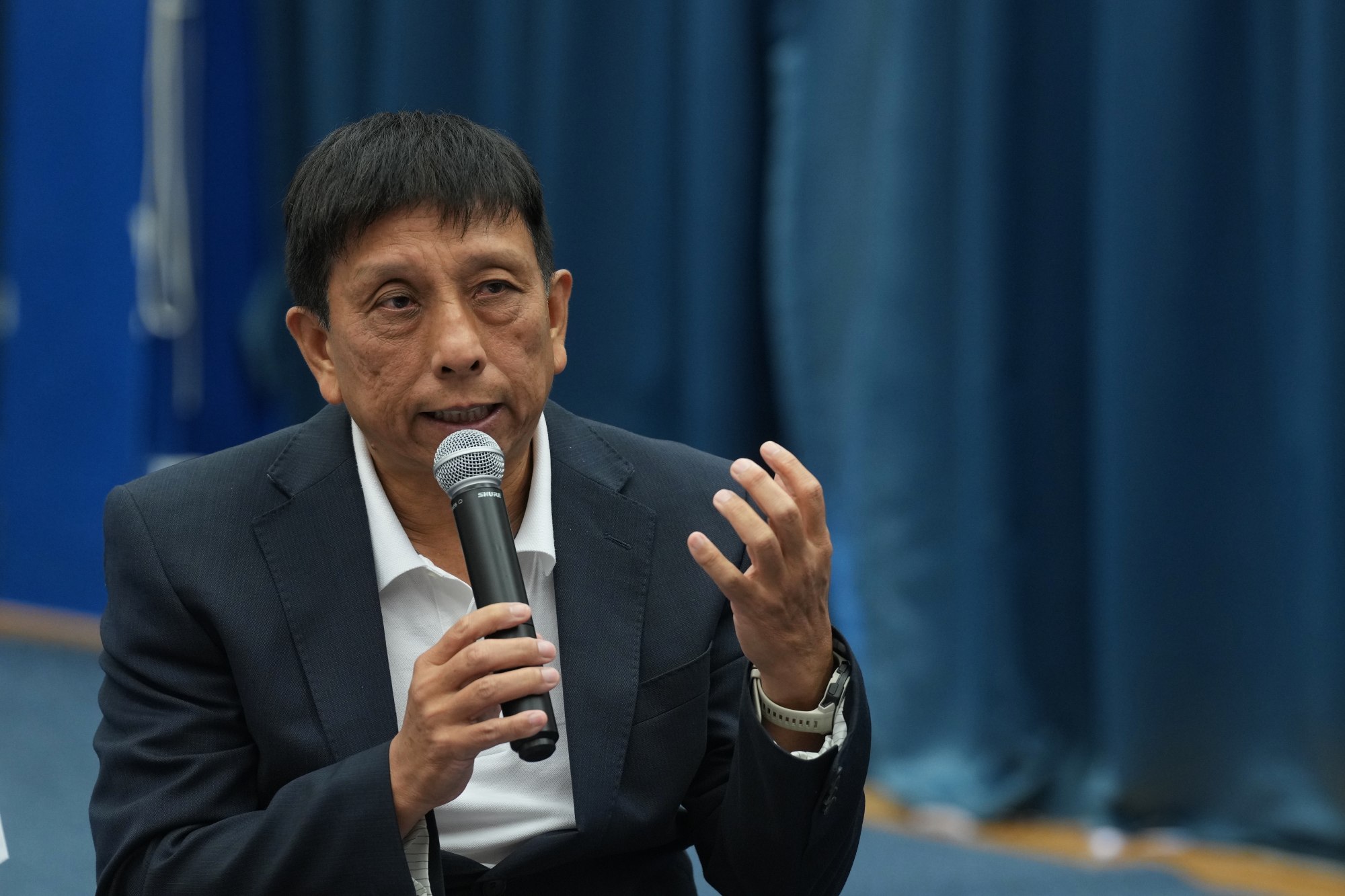
‘Jobless, cold and depressed’: barred from pro sports, former Hong Kong elite athletes, coaches adjust to life in Britain
- Former sports figures hope Britain will drop BN(O) visa scheme’s ban on migrants continuing pro careers
- Eight interviewed for journal article describe reasons for leaving city, hopes of resuming sports jobs
A former Hong Kong elite athlete who emigrated to Britain has described his misery at being unable to land a full-time job and how the short daylight hours during his first winter there left him depressed.
“I had no purpose in life, all I did was work out constantly to pass the time. My mental condition was also highly chaotic,” recalled Emerson*, 39, who was a coach and a physiotherapist in Hong Kong before he left in 2022.
He questioned whether he had made the right move emigrating, as the short winter days left him feeling suicidal.
Fortunately, he turned a corner last year. He found work in the National Health Service, took up new sports and began enjoying life again.
“I have experienced a transformation in my mental journey,” he said.
Emerson was among eight former Hong Kong elite athletes and coaches interviewed by University of Edinburgh master’s graduate Samuel Au Ka-chun for a paper published in the international journal Sport in Society this month.
All eight took up Britain’s offer of a bespoke migration pathway for Hongkongers, but had to give up their sports careers.
Au, a Hongkonger who moved to Britain under the scheme, has a master’s degree in sport policy, management and international development, and co-wrote the paper with his dissertation supervisor David Holland-Smith.
He interviewed the eight to understand why they were prepared to give up sports to migrate, and how they coped in the new environment.

Speaking on condition of anonymity, they described the reasons they left Hong Kong and the different struggles they faced in the United Kingdom, but said they had no regrets about moving.
Some said they would continue with sports as amateurs, while others hoped to someday find coaching work for the UK’s national team.
Au said the visa scheme’s sports restriction reduced the pull factor slightly, but did not stop them from packing their bags.
He wrote that “political motivations were identified as the primary driver of emigration” by seven of the eight, especially the anti-government protests of 2019 and Beijing’s imposition of the national security law in June 2020.
Britain introduced the BN(O) migration pathway in response to the security law, and the scheme marked its third anniversary this month. As of last September, 184,700 Hongkongers had been granted visas, according to UK government figures.
Successful applicants and their dependants are allowed to live, work and study in Britain and can apply for citizenship after six years.
All the Hongkongers Au interviewed hoped the British government would repeal the ban affecting sportspeople.
“I think it’s unfair that this is purely a regulation against the sports industry and the restriction is unnecessarily broad,” said Gabriel*, 42, a former elite Olympic coach.
“Even from the perspective of protecting British elite athletes, Hong Kong’s elite athletes and coaches are few and far between, which won’t threaten the British elite athlete establishment.”
He was not giving up yet. He said he would continue as a volunteer coach and keep developing his skills, as he hoped to join Team Great Britain after gaining citizenship.
Derek*, 39, a former elite Olympic athlete and a former elite Paralympic coach, said he also hoped Britain would take another look at the rule.
“Instead of a general ban on all professional athletes or coaching employment, the government may establish specific regulations to protect elite British athletes, such as prohibiting those on BN(O) visas from participating in elite sports or representing Team GB,” he said.
Former elite Olympic coach Carol*, 35, said she would also be a volunteer coach in Britain and hoped to return to being a professional after gaining citizenship.
She said Hong Kong lacked a coaching system and even as a coach of Olympic-level athletes, she was unpaid. The lack of official support for elite coaches was a reason she left.
She also did not want her children to attend Hong Kong schools and undergo the national education programme.
Former coach Anson*, 27, now a mature student in the UK, said he left because he was worried about his safety.
“Participating in protests and supporting foreign sanctions against China put me at risk of violating the national security law and being arrested,” he said.
Another former coach, Felix*, 40, now an events first-aider, said he faced that threat more directly.
“After the 2019 movement, I started getting anonymous threatening calls and was stalked, and I was terrified,” he said.

Lobo Louie Hung-tak, associate head of the health and physical education department at Hong Kong’s Education University, said he did not think the emigration wave had an impact on the city’s sports scene.
“The number of the Hong Kong elite athletes still stands at around 1,000 and the performance of the Hong Kong team has also been progressing, like at the Asian Games last year,” he said.
Hong Kong athletes won eight gold, 16 silver and 29 bronze medals in the Hangzhou Asian Games in 2023, the city’s best performance.
*All names were changed in the paper published in the journal Sport in Society

